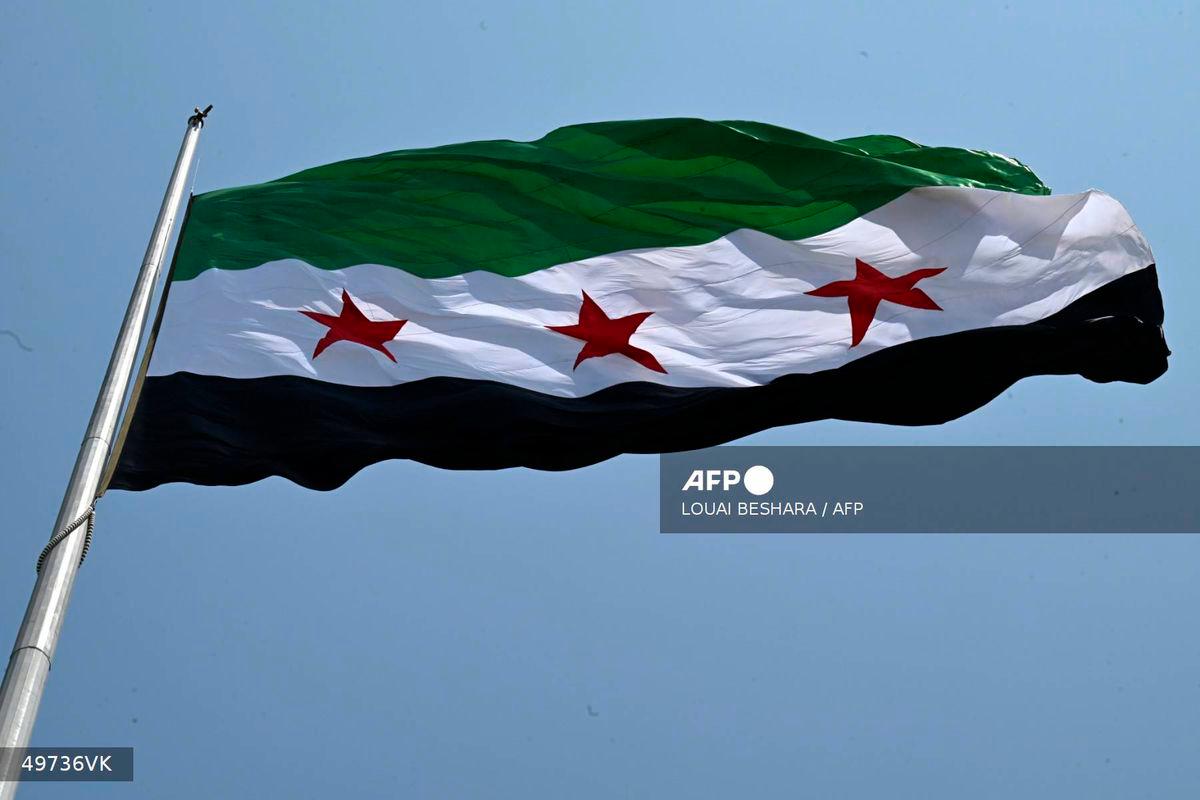QAMISHLI: Syria’s Kurdish administration has condemned the upcoming selection process for a transitional parliament as fundamentally undemocratic following its postponement in Kurdish-controlled northern regions.
Authorities delayed the parliamentary selection in Kurdish-held Raqa and Hasakeh provinces along with Druze-majority Sweida province citing security challenges.
An election committee official stated the process could only proceed in territories controlled by the central government.
The Kurdish administration declared that “defining our regions as unsafe” was intended “to justify the policy of denial for more than five million Syrians” in the area.
“These elections are neither democratic nor express the will of Syrians in any way,“ it said in an official statement.
The administration warned that “nearly half of all Syrians” would be excluded from the process due to displacement and regional restrictions.
Damascus and Kurdish representatives have been negotiating the implementation of a 10 March agreement regarding integrating Kurdish institutions into central government structures.
Implementation progress has stalled due to significant differences between both parties regarding regional autonomy.
The Kurdish administration characterised the parliamentary selection as “a superficial step that does not respond to the demands for a comprehensive political solution that Syrians need”.
“Any decision taken through this approach of exclusion will not concern us, and we will not consider it binding for the peoples and regions of northern and eastern Syria,“ it added.
Security concerns remain valid in Sweida province where deadly sectarian clashes occurred last month creating ongoing tension.
The transitional parliament will comprise 210 lawmakers with two-thirds selected by appointed local bodies and the remainder appointed by President Ahmed al-Sharaa.
Syria adopted a temporary constitution following the toppling of longtime ruler Bashar al-Assad in December, establishing a five-year transition period.
The interim constitution has faced criticism for concentrating power and failing to reflect Syria’s ethnic and religious diversity adequately. – AFP









